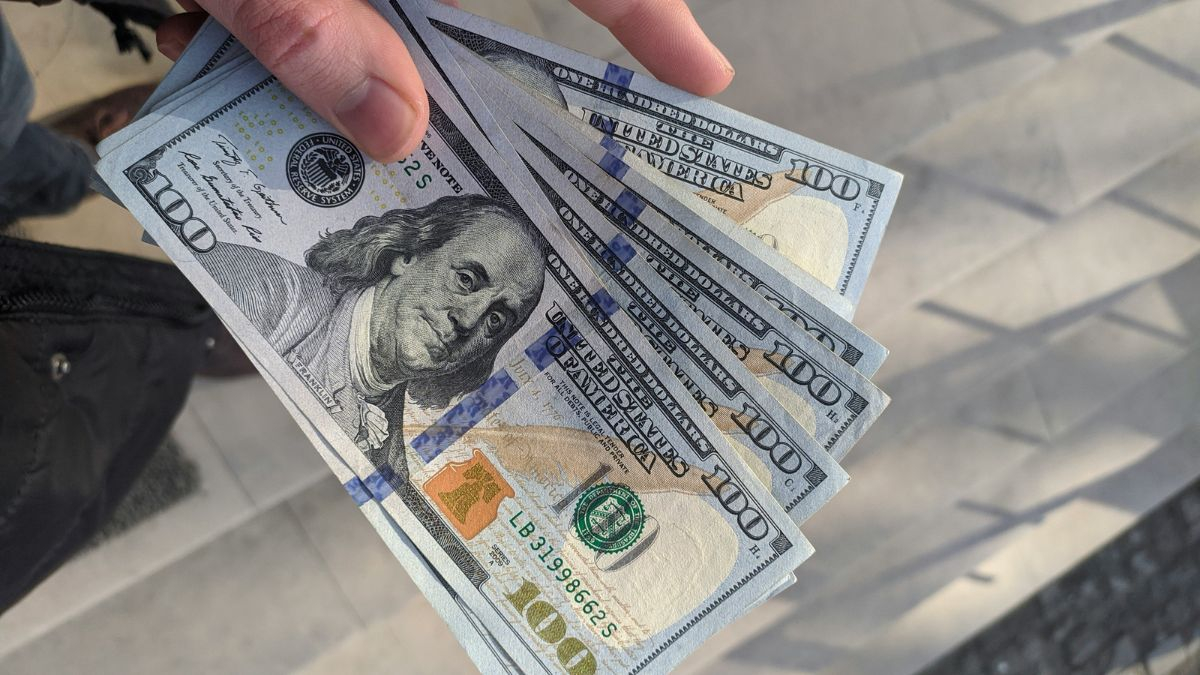Back in 2017, a massive data breach at Equifax exposed the personal information of millions of Americans, shaking trust in how sensitive data is handled. If you were one of the many affected, there is good news: a second round of payments from the $380 million settlement is now being issued. Here is what you need to know to check if you qualify and how to claim your share.
What is the Equifax data breach settlement about?
In 2017, Equifax, an American firm, got involved in one of those historical data breaches. About half of the United States was affected by this breach. The breach exposed sensitive personal and financial data such as:
- Social Security numbers
- Dates of birth
- Addresses
- Driver’s license details
- Credit card information
Equifax has made arrangements to pay a total of $380 million to victims of the data breach. Another $125 million is going for your out-of-pocket expenses incurred as a result of the data breach.
Under this settlement, you may claim $125 in cash or obtain credit monitoring services for free. If you made huge expenses due to the data breach, you will be reimbursed by Equifax and can get as much as $20,000 plus receive seven years of free identity restoration services.
Who qualifies for the second payment?
If you were affected by the Equifax breach and previously filed a claim, you might be eligible for a second payment. Settlement administrators have started reaching out to impacted individuals via email.
Here is what you should look for:
- Email Subject Line: “Equifax Data Breach Settlement Additional Pro Rata Payment”
- Sender: A legitimate Federal Trade Commission (FTC) representative
It is important to double-check the email to avoid falling victim to scams. Fraudulent emails mimicking official notices are a possibility.
Why are some payments so small?
Some people have reported receiving payments as low as $2.39. Others have received virtual gift cards under $40. Why? The settlement funds are distributed on a pro-rata basis. This means the total amount you receive depends on the number of people filing claims and how much remains in the settlement pool after the first round of payouts.
If you feel your payout is insufficient, it is still worth checking the settlement website for clarification.
How to check if you qualify for more money
To check if you can get a bit more money, here are the steps you can follow:
- Visit the official settlement website: Ensure you use the legitimate Equifax settlement page. Avoid third-party sites that may be scams.
- Input your information: Enter your details to verify if you were affected by the breach.
- Follow the instructions: If eligible, you will be guided on how to proceed.
Taking these simple steps ensures you do not miss out on potential compensation.
What should you know about the Equifax settlement process?
Here are key points about the settlement and the payout process:
- Payments began in mid-December 2022. If you already received your first payment, this second round is a continuation.
- The settlement includes compensation for losses due to fraud or credit freezes resulting from the breach.
- Free credit monitoring services are still available for those who opted for them instead of the cash payout.
Other settlements you may benefit from
Equifax is not the only company compensating customers for large-scale issues. Here are a few examples of recent settlements:
- Verizon: Customers may receive up to $100 after a lawsuit claimed the company improperly disclosed an administrative fee.
- Capital One: Payments of up to $700 were recently issued to customers impacted by the 2019 cyberattack.
Staying informed about these settlements can help you claim compensation when you are eligible.
Why is this payout historic?
This may be one of the highest payments via a settlement regarding data breaches in the U.S., the Equifax settlement serves to emphasize how important it is for corporations to be held accountable in taking care of people’s personal data. This might be the first step into justice as well as financial relief for you from getting compensated.

